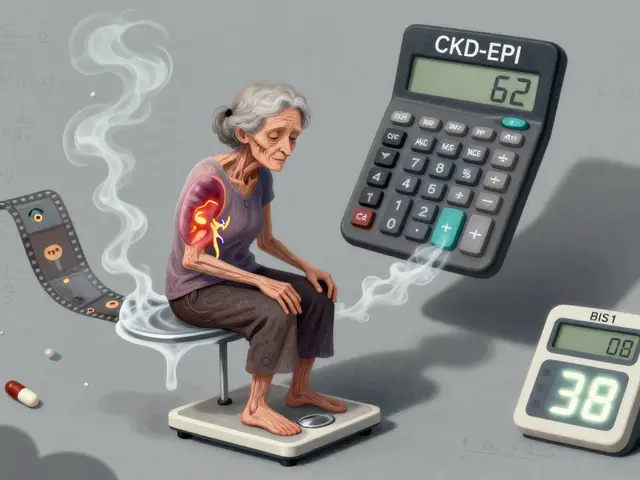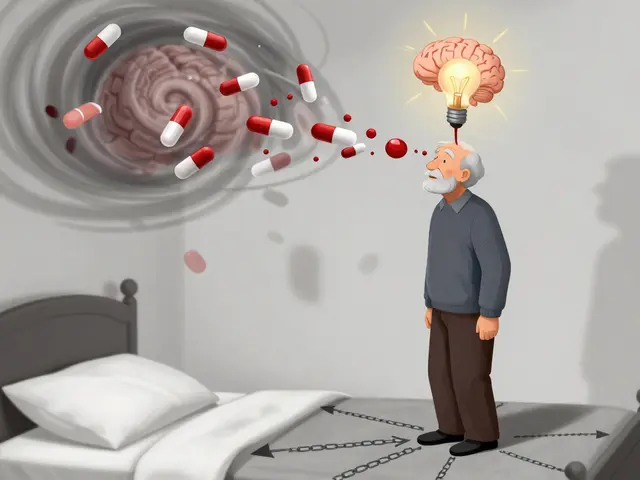Mental well-being: Practical tips to feel better every day
Ever wake from a vivid or strange dream after starting a new medication? Sleep changes, mood swings, and energy dips are real signs your meds or routine might be affecting your mental well‑being. Use this page as a practical checklist: quick actions you can take, what to tell your doctor, and small habits that add up.
Start with one clear step: track. For two weeks note sleep quality, appetite, mood, and any new side effects after medication changes. Tracking turns vague worries into facts you can share with your clinician. If antidepressants make your dreams intense or interfere with sleep, a simple chart helps your doctor weigh dose changes, timing, or a switch to another drug.
Daily habits that help
Move your body for 20–30 minutes most days. Walking, stretching, or gentle cycling lowers stress and lifts mood. Aim for consistent timing — morning walks can set a calm tone for the day. Also, protect sleep: dim lights before bed, avoid screens 60 minutes before sleep, and keep a regular bedtime. Good sleep makes therapy and medication work better.
Eat real food. Protein at breakfast, vegetables at lunch, and omega‑3 rich fish a few times a week support brain function. Limit heavy alcohol — it worsens anxiety and disrupts sleep. Small diet tweaks have surprisingly fast effects on concentration and mood.
Talk and treat
Talk to someone who listens. A short, regular talk with a friend or therapist reduces stress and prevents problems from growing. Therapy works alongside medication; they’re not substitutes. If you feel numb, overly worried, or notice new thoughts after a prescription change, call your prescriber — don’t wait.
Be smart about medications and online pharmacies. Buying meds online can save time, but check licenses and reviews. Keep a list of all medicines you take and review interactions with your pharmacist, especially when starting drugs like antidepressants, blood pressure meds, or pain medicines that can affect mood or sleep.
Use practical tools: breathing apps, a simple sleep diary, or a mood tracker. Try a 4‑4‑6 breathing routine (inhale 4, hold 4, exhale 6) when anxiety spikes. Schedule small wins: short chores or a 10‑minute hobby session to counter low motivation.
Watch for red flags: sudden mood swings, worsening sleep, new suicidal thoughts, or severe side effects. These need prompt attention. If you notice them after a medication change, contact your provider or local emergency services.
If therapy or meds feel out of reach, check community clinics, sliding-scale therapists, or low-cost online platforms. Many charities and local health centers run free group programs for anxiety or depression. Ask your doctor for mental health referrals — they often know affordable options or trial programs nearby and online resources.
Mental well‑being improves with small, consistent choices and honest conversations with your care team. Track changes, prioritize sleep and movement, be cautious with online meds, and speak up early if things shift. Small steps add up — and you don’t have to do them alone.
Understanding the Psychological Impact of Bacterial Eye Infections
Bacterial eye infections can affect not only the physical health of an individual but also their mental well-being. This article explores these types of infections, their psychological impacts, and offers tips for managing the associated mental health challenges. By understanding these effects, individuals can better navigate their health journey.






